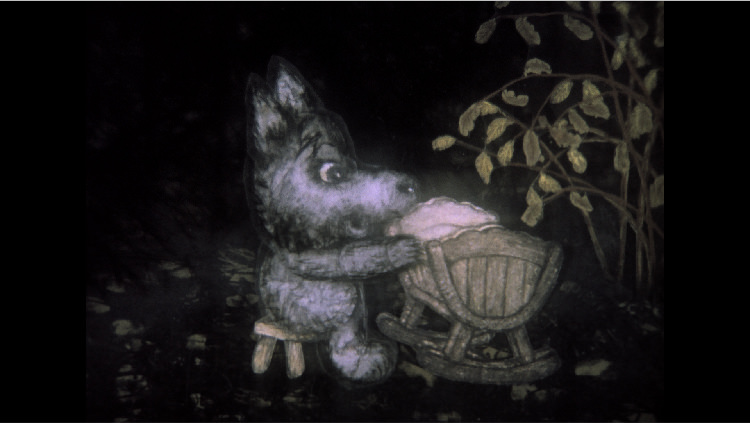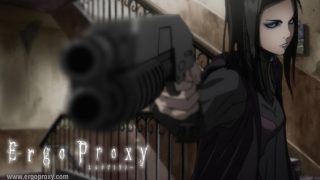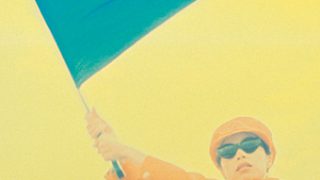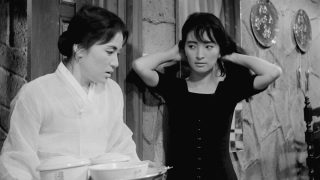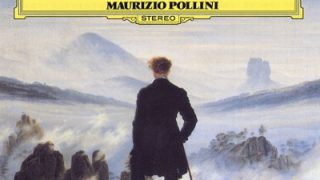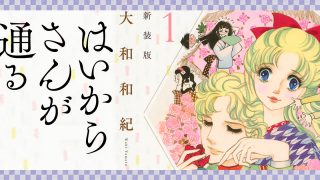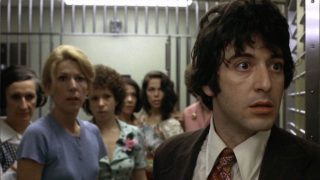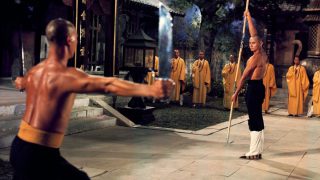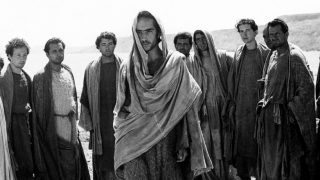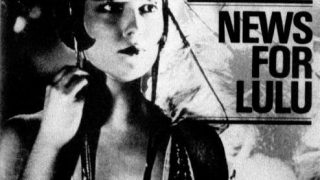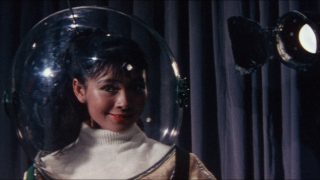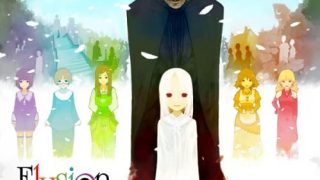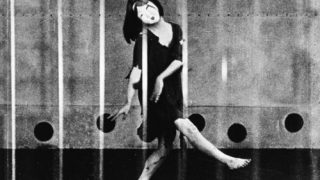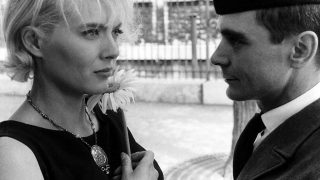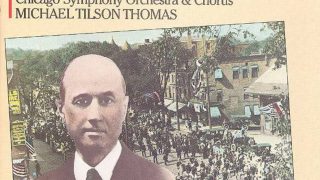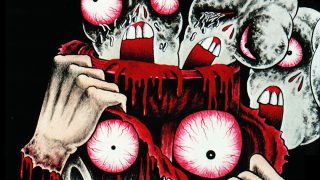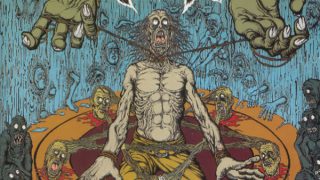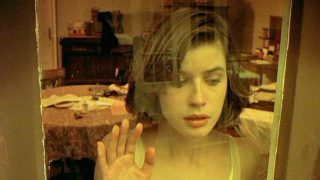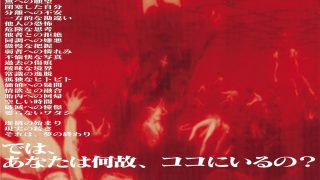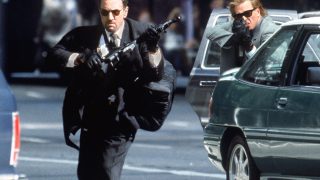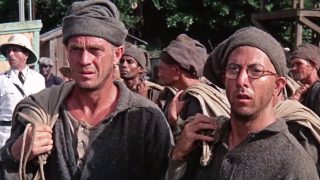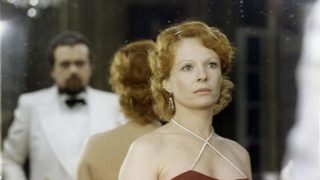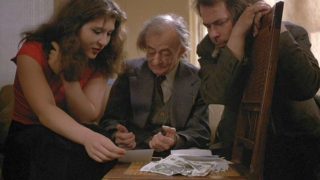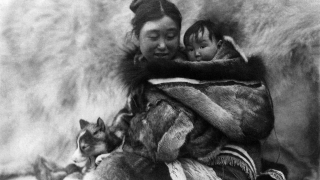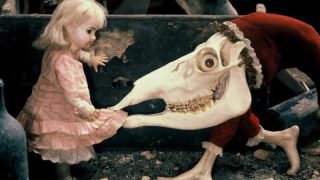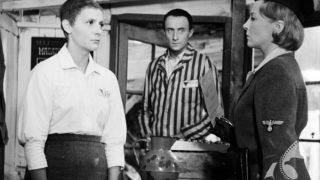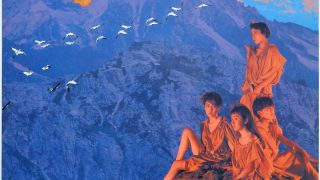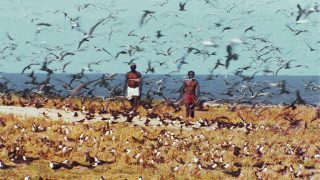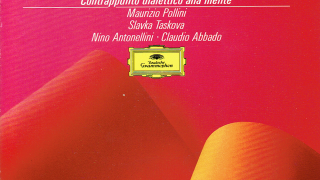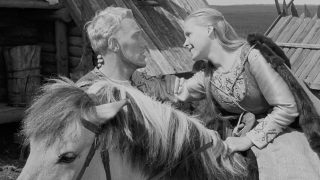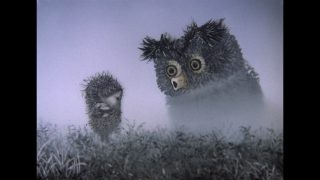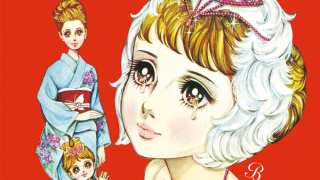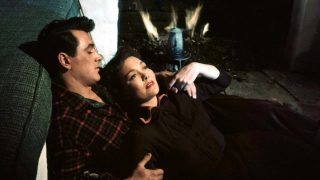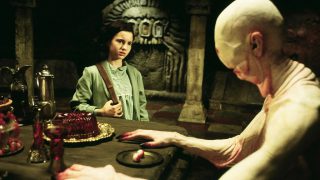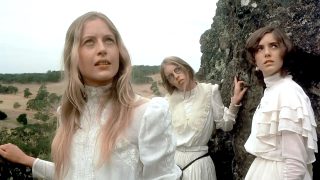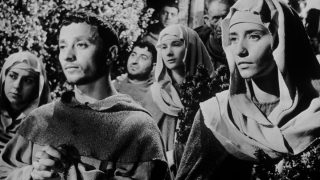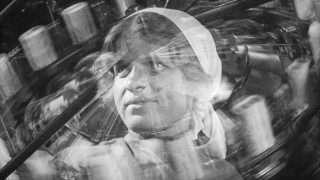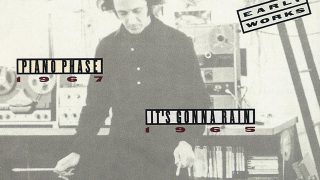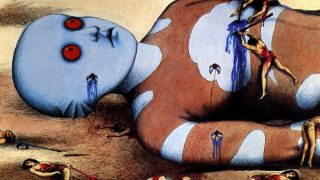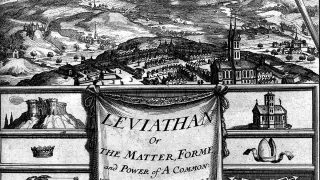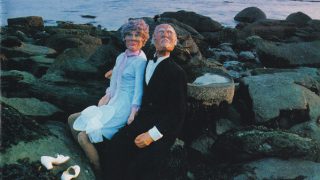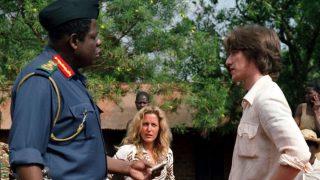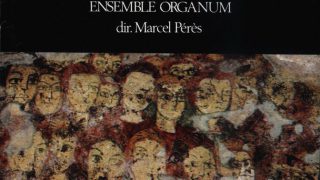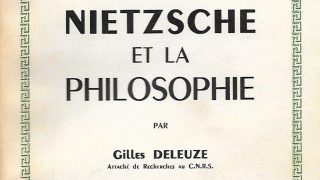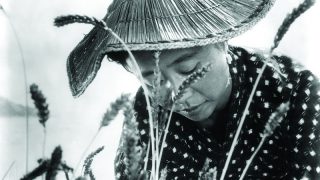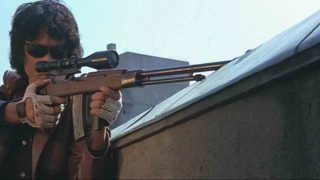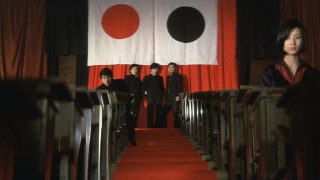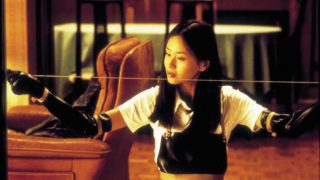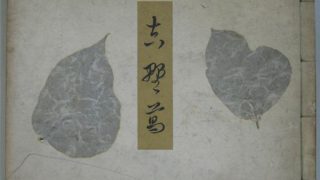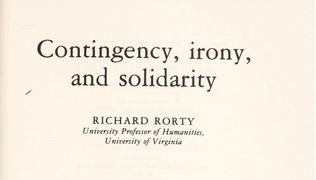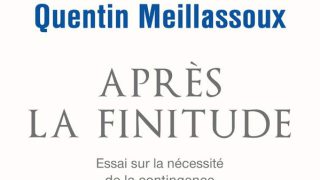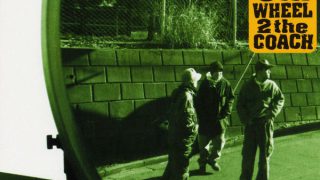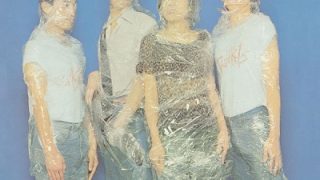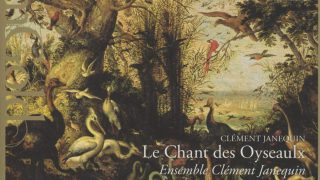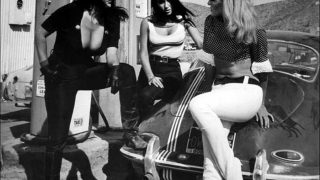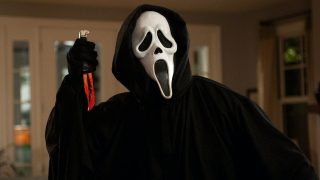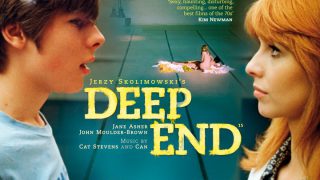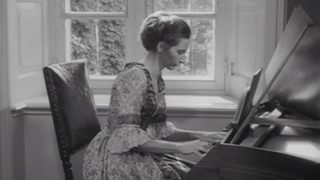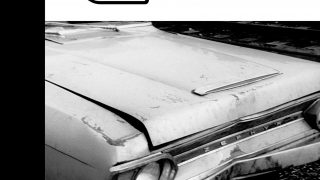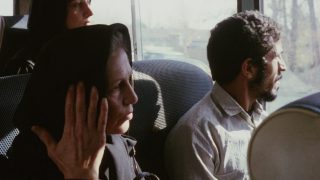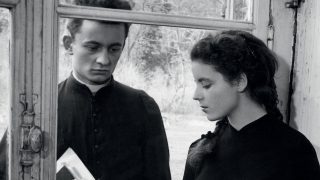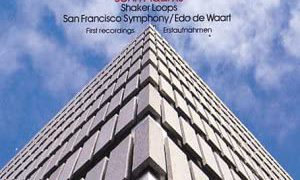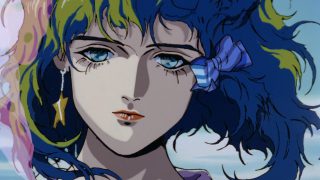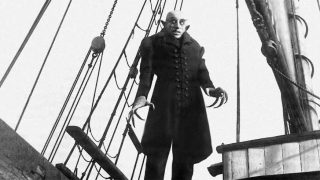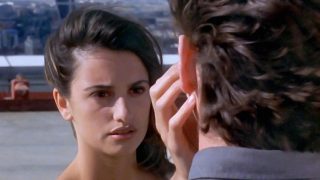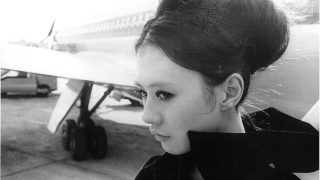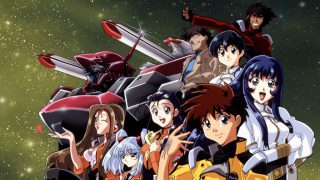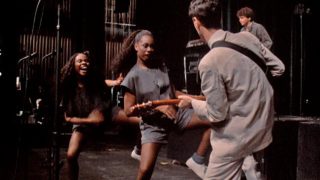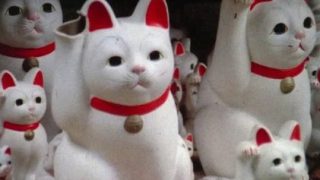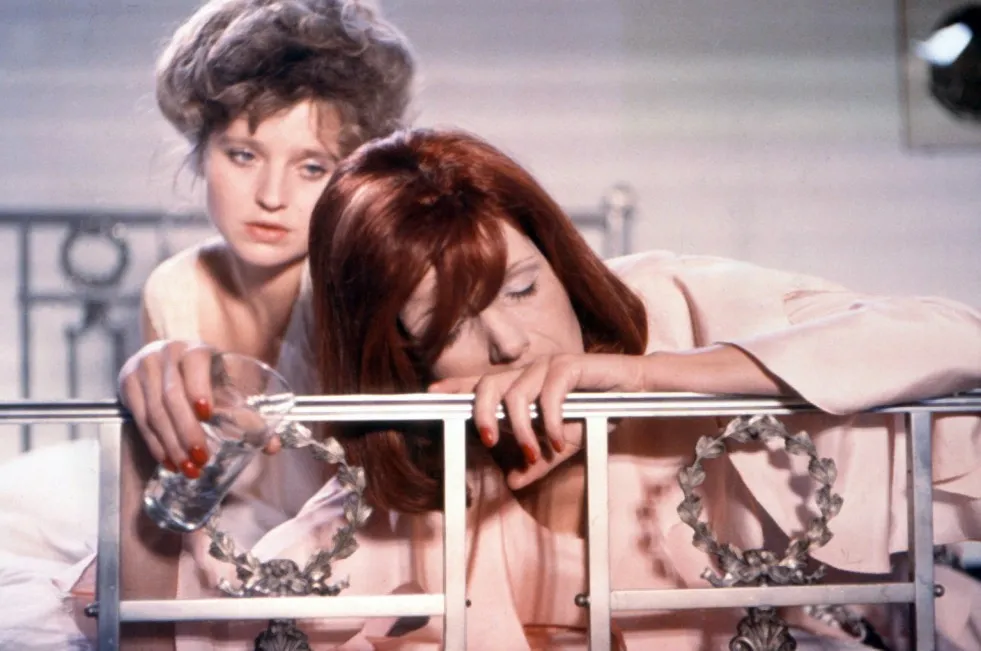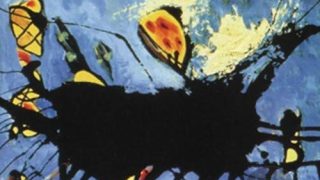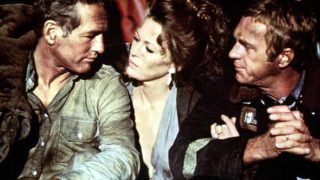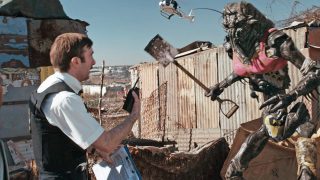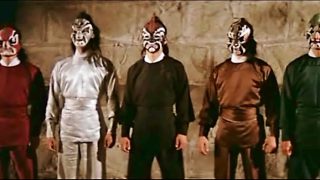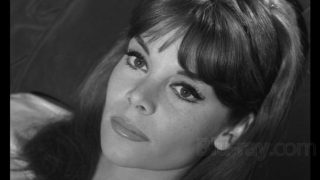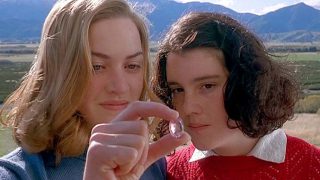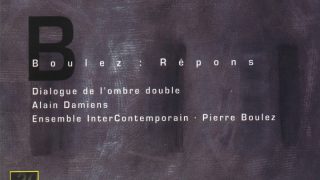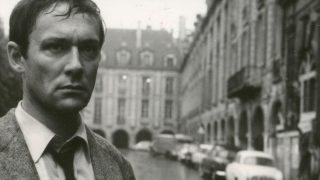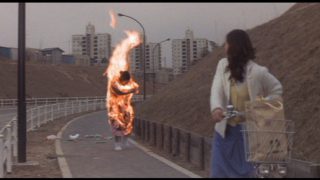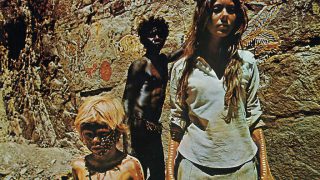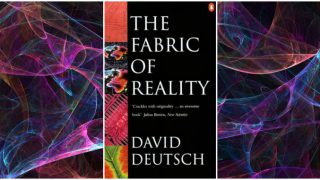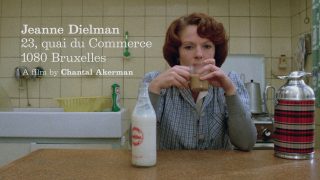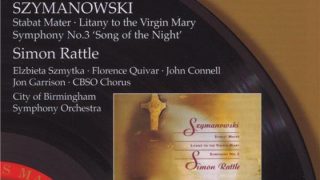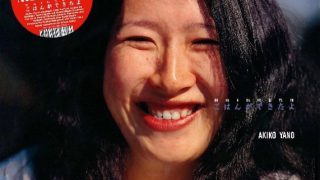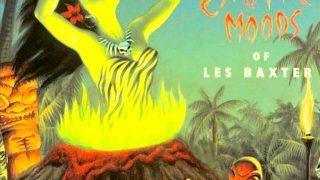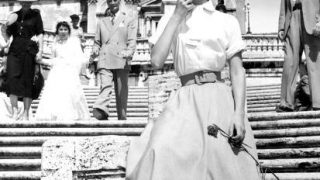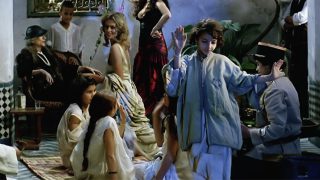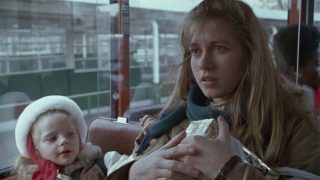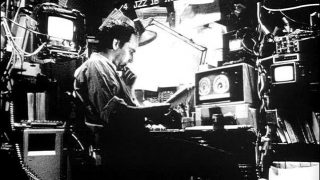Overview
“The Films of Yuri Norstein (Фильмы Юрия Норштейна)” is a collection of the works of Yuri Norstein, a Soviet and Russian animation film director born in 1941, who is known for his cutout animated shorts. It contains six animated short films produced by him during the Soviet era.
In 2016, the original negatives of the films were scanned in 2K and were converted into digital form in Gosfilmofond (a state film archive in Russia). Japanese video production company IMAGICA produced the DCP (Digital Cinema Package) version through restoration and color grading of the 2K version. The DCP version was released in theaters in Japan in December 2016, and it was also released on region-free DVD and Blu-ray by Kadokawa in 2017. The DVD and Blu-ray include English/Japanese subtitles.
Commentary
The 25th, the First Day (1968)
“The 25th, the First Day (25-е, первый день)” (9 minutes) is his directorial debut produced in collaboration with Arkadiy Tyurin.
It depicts the 1917 October Revolution by using the forms of Russian avant-garde as motifs.
The music includes excerpts from Dmitri Shostakovich’s Symphony No. 11 “The Year 1905”, Op. 103 (1957) and Symphony No. 12 “The Year of 1917”, Op. 112 (1961).
The figure of the woman who holds a baby is taken from the painting “1918 in Petrograd” (1920) by Kuzma Petrov-Vodkin.
The red silhouette of the people running with weapons is taken from Sergei Chekhonin’s illustration for the cover of the book “Ten Days That Shook the World” (1919) by American journalist John Reed.
The title and texts are taken from a passage of the epic poem “Vladimir Ilyich Lenin” (1923–1924) by Vladimir Mayakovsky.
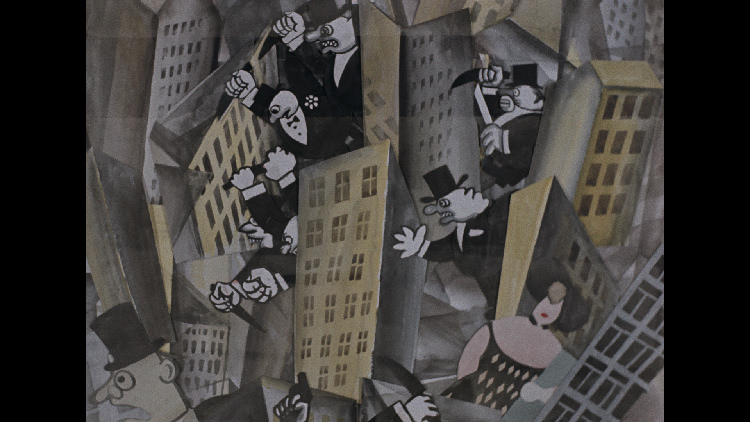
The Battle of Kerzhenets (1971)
“The Battle of Kerzhenets (Сеча при Керженце)” (10 minutes) is a collaboration with Ivan Ivanov-Vano.
Set in a village involved in the 998 war between Kievan Rus’ and Tartar, it depicts the miseries of war.
It uses icons as motifs, and includes quotations from Russian frescoes and miniature paintings of the 14th–16th centuries.
It uses the music of “The Battle of Kerzhenets”, the interlude to Scene 2 of Act 3 of the opera “The Legend of the Invisible City of Kitezh and the Maiden Fevroniya” (1907) by Nikolai Rimsky-Korsakov.
The film won Grand Prize at the 1972 Zagreb World Festival of Animated Films.
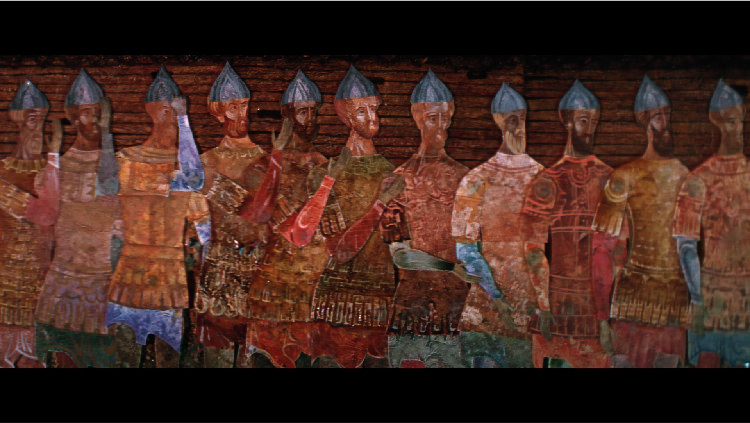
The Fox and the Hare (1973)
“The Fox and the Hare (Лиса и заяц)” (12 minutes) is based on a Russian folk tale.
It is a film like a moving picture book. It was inspired by the folk paintings of Gorodets (a town on the left bank of the Volga River).
The film won Best Film for Children at the 1974 Zagreb World Festival of Animated Films.
Norstein’s wife and art director Francheska Yarbusova has worked as an animator and director for all the works by Norstein since making the film.
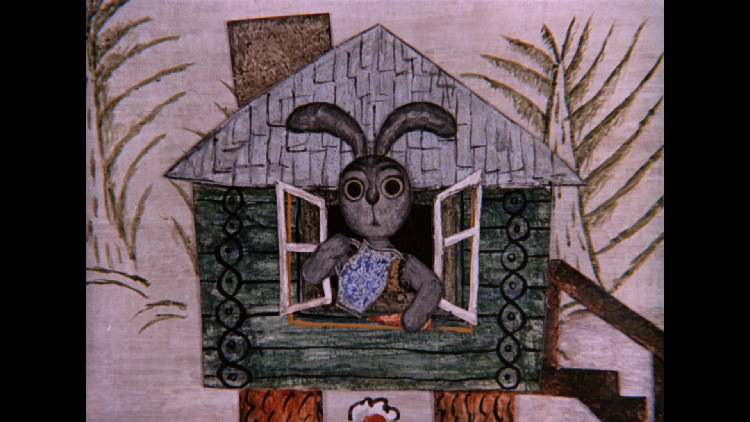
The Heron and the Crane (1974)
“The Heron and the Crane (Цапля и журавль)” (10 minutes) is based on a Russian folk tale.
It is a clear and beautiful film produced under the influence of Japanese paintings (prints and ink paintings).
The film won the Special Jury Prize at the 1975 Annecy International Animated Film Festival.
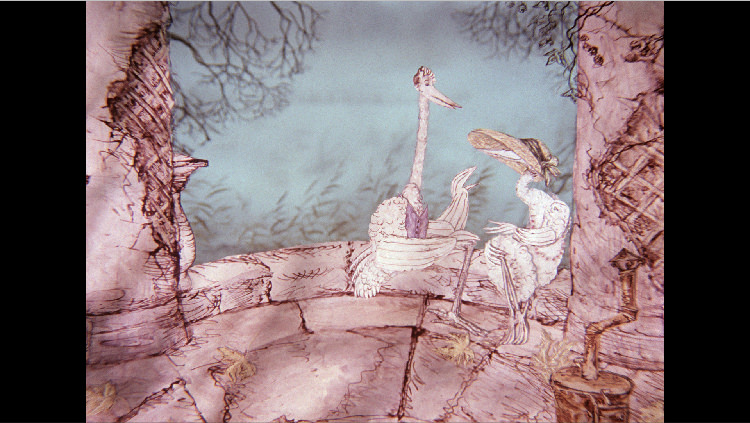
Hedgehog in the Fog (1975)
“Hedgehog in the Fog (Ёжик в тумане)” (10 minutes) is an adaptation of the juvenile literature of the same name by Sergei Kozlov.
It is a fantastic cinepoetry featuring elaborate and sophisticated expressions of the hedgehog and fog. The use of the multiplane camera creates a sense of depth.
The film won many awards, including the Best Animated Film at the 1976 All-Union Film Festival, and the Best Animated Film at the 1976 Tehran Children’s and Youth Film Festival.
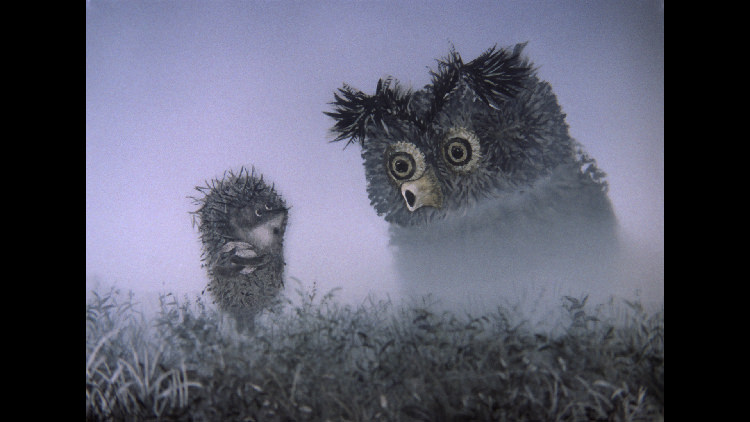
Tale of Tales (1979)
“Tale of Tales (Сказка сказок)” (29 minutes) is a cinepoetry inspired by a traditional Russian lullaby.
It depicts the Soviet people’s experience during World War II as a sequence of fragmentary memories through the eyes of a wolf child.
The music includes excerpts from works by Bach (Prelude BWV 853 from “The Well-Tempered Clavier” Book I) and Mozart (the Andante second movement from “Piano Concerto No. 4” K41), and a tango “The Weary Sun” (the Russian version of the 1935 Polish song “To ostatnia niedziela (The Last Sunday)” composed by Jerzy Petersburski).
It won many awards, including Grand Prize at the 1980 Zagreb World Festival of Animated Films.
